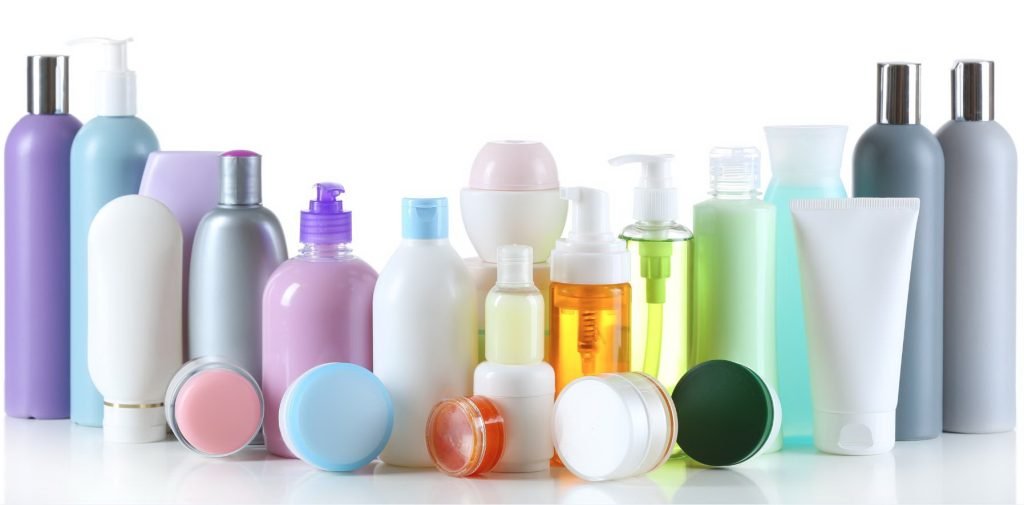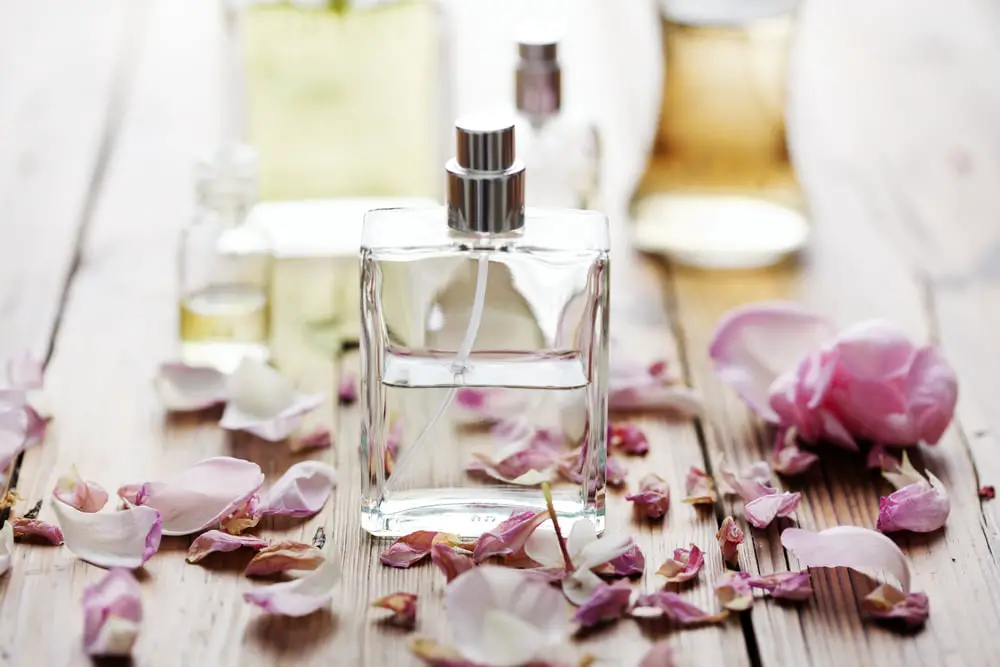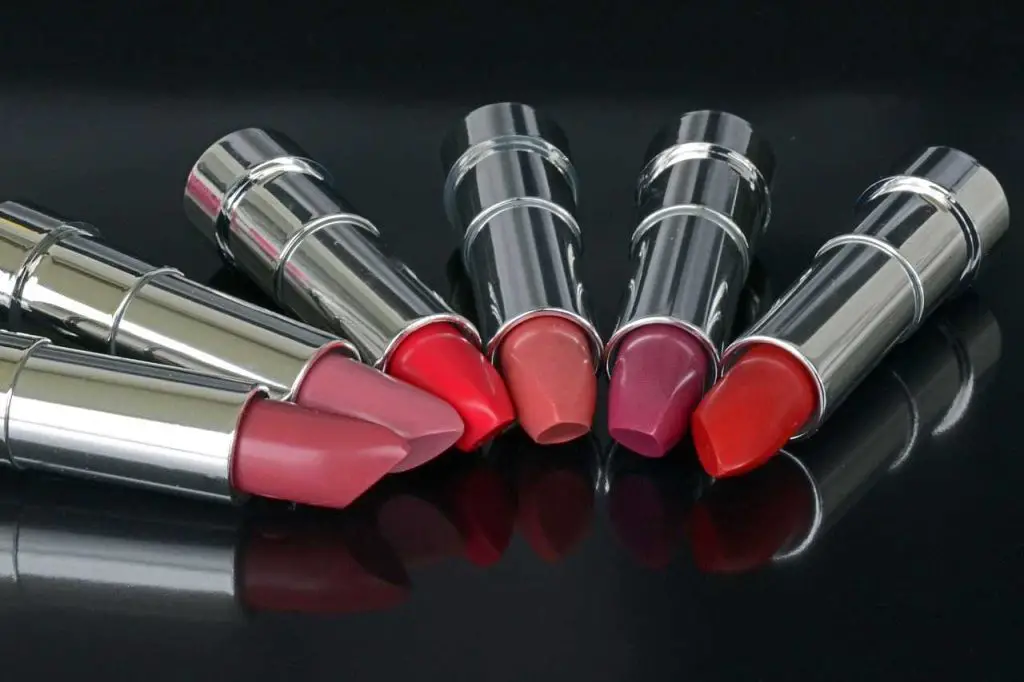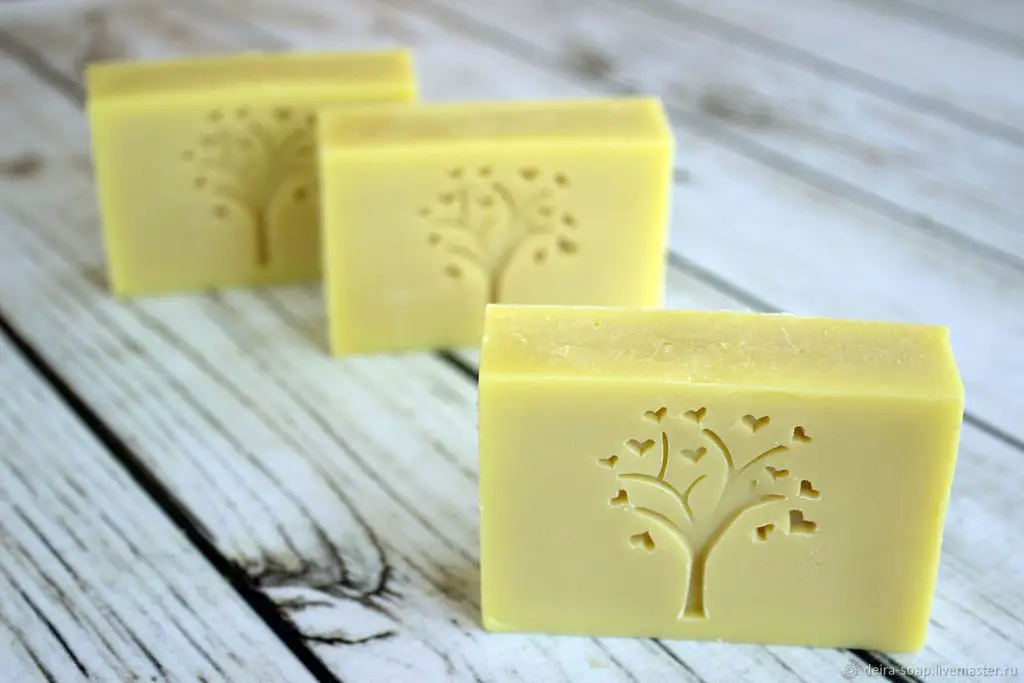Shampoo is a type of cosmetic product that’s used on hair to cleanse and add volume. Shampoos from cleansers like soap, detergent, or sulfate remove oil and dirt from your scalp and hair by stripping natural lipids as sebum. In ancient times, people used olive oil as shampoo because they believed it would strengthen and nourish their hair. The word “shampoo” comes from the Hindi word ‘champ’ which means massage. People used to massage their scalps with herbs or spices to cleanse them before washing them with water.”
Shampoo has been around for thousands of years.
Shampoo has been around for thousands of years, and you’ve likely been using some form of this product since you were a kid. The first recorded use of shampoo dates back to ancient Egypt during the 6th century BC!
The Egyptians used olive oil, beeswax, and water on their heads (and sometimes bodies) to cleanse their hair and skin. They didn’t call this mixture a “shampoo,” though; instead called it “schema.”
Later on in history, other cultures also used schemas made with similar ingredients like milk or egg whites and herbs like mint leaves which can help reduce dandruff symptoms if applied directly onto your scalp every day before bedtime (but don’t eat them).
In ancient Greece, people washed their hair with olive oil.
People in ancient Greece washed their hair with olive oil and other natural products, such as seaweed and honey. Olive oil is a natural moisturizer that may help hydrate your skin and hair. It also functions as a conditioner, strengthening the cuticle layer of each strand of hair and making it less prone to breakage or damage.
Olive oil contains vitamins Ea powerful antioxidant that can prevent damage from free radicals caused by environmental factors like pollution or UV rays and might even slow down graying processes!
Ancient Indians used lye soap and herbal concoctions to cleanse their hair.
Ancient Indians used lye soap and herbal concoctions to cleanse their hair. Shampoo to have originated in India around the 10th century AD. The word “shampoo” comes from the Hindi word champ, which means “to massage.”
The first shampoo was created in the 1800s by a French chemist named Eugene Rimmel.
The first shampoo was created in the 1800s by a French chemist named Eugene Rimmel. He used soap, water, and ammonia to cleanse hair.
His formula was by a German chemist, Hans Schwarzkopf (who also invented the famous brand of hair care products).
Early shampoos were very harsh and often caused scalp irritation and hair loss.
In the early days of shampoo, it was common to use harsh chemicals on the scalp and hair—these products for safety or effectiveness, and they often cause scalp irritation and hair loss.
In those days, people didn’t know the importance of gentle cleansing agents that would not harm their skin or hair.
Shampoos became much gentler and milder in the late 1800s when they began using vegetable-based ingredients like coconut oil, olive oil, lemongrass, lavender, tea tree oil, peppermint oil, and rosemary extracts to cleanse hair without stripping away natural oils or irritating the scalp.
In the 20th century, shampoos became much gentler and milder in the late 1800s when they began using vegetable-based ingredients like coconut oil, olive oil, lemongrass, lavender, and tea tree oil to cleanse hair without stripping away natural oils or irritating the scalp. These days you can find shampoo made with an array of natural ingredients, including peppermint oil (for added shine), rosemary extracts (to reduce dandruff), or even beer!
Many different types of shampoos can fit your specific needs.
There are a lot of shampoos to choose from if you want to find one that fits your needs. The shampoo market is very competitive, and many different shampoos are available today. Shampoos can accommodate your specific hair type or condition. Whether it’s dryness or color protection, there’s something for everyone!
Since ancient Egypt and Greece, shampoos have changed a lot. Some experts estimate that over 6 billion bottles of shampoo are annually worldwide!
So, plenty of options exist if you’re looking for a new shampoo. You can choose one based on its ingredients or fragrance and find something that works best for your hair type. If you have curly hair or color-treated locks, consider trying an anti-fade shampoo that will keep those ends looking healthy even after repeated washings.
And remember natural products like coconut oil! They may not seem as glamorous as others on our list, but they offer plenty of benefits, including cleansing power without drying out your scalp or causing irritation, and who doesn’t want that?



